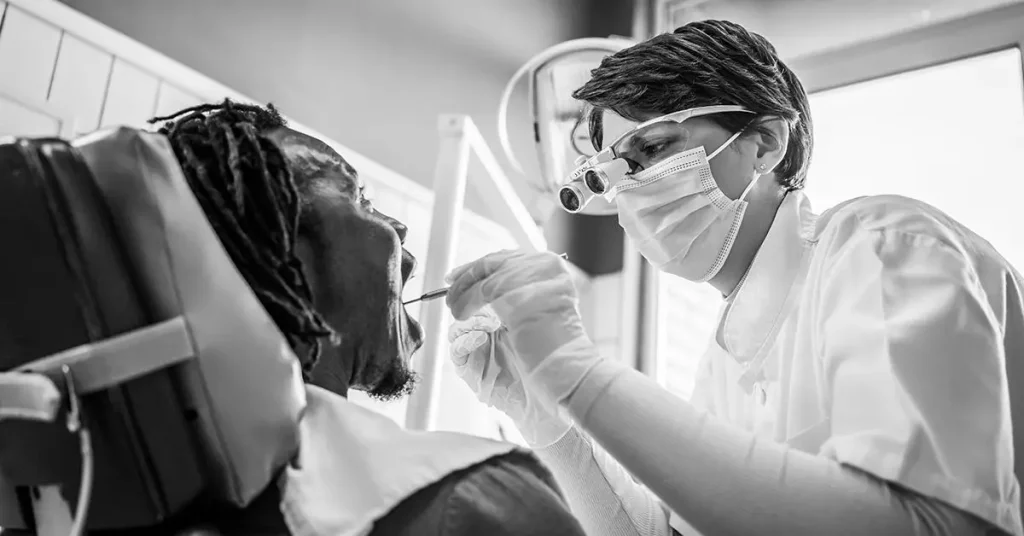Oral health, often overlooked, significantly impacts overall well-being beyond aesthetics. Poor oral hygiene, marked by cavities and tooth loss, is increasingly linked to higher cancer risk, particularly oral cancer. A 2023 meta-analysis found tooth loss nearly doubles this risk, hinting at complex ties involving inflammation, diet, and microbes.

Cavities arise from decay driven by poor hygiene and sugar-rich diets, where acidic bacteria erode enamel. Risk factors include irregular brushing, low fluoride use, medications like chemotherapy affecting saliva, and conditions hindering care. These weaken oral health, potentially raising cancer susceptibility.
Chronic inflammation from cavities or gum disease may trigger cellular changes leading to malignancy, while persistent infections could impair immunity, aiding cancer development. Though mechanisms remain unclear, the connection underscores oral health’s systemic role.
Prevention is key. Fluoride toothpaste, water, and mouthwash, plus twice-daily brushing and flossing, combat decay. Limiting sugar and tobacco bolsters defenses against cavities and possibly cancer. Cancer treatments like chemotherapy and radiation can worsen dental issues, making vigilance during recovery vital.
Regular dental check-ups catch early decay, gum disease, or oral malignancies, with symptoms like persistent pain or sores warranting attention. Proactive oral care may shield against cancer while enhancing life quality.
The link between oral health and diseases like cancer demands attention. By prioritizing hygiene and preventive measures, individuals can reduce risks tied to tooth loss and cancer, fostering healthier lives.




